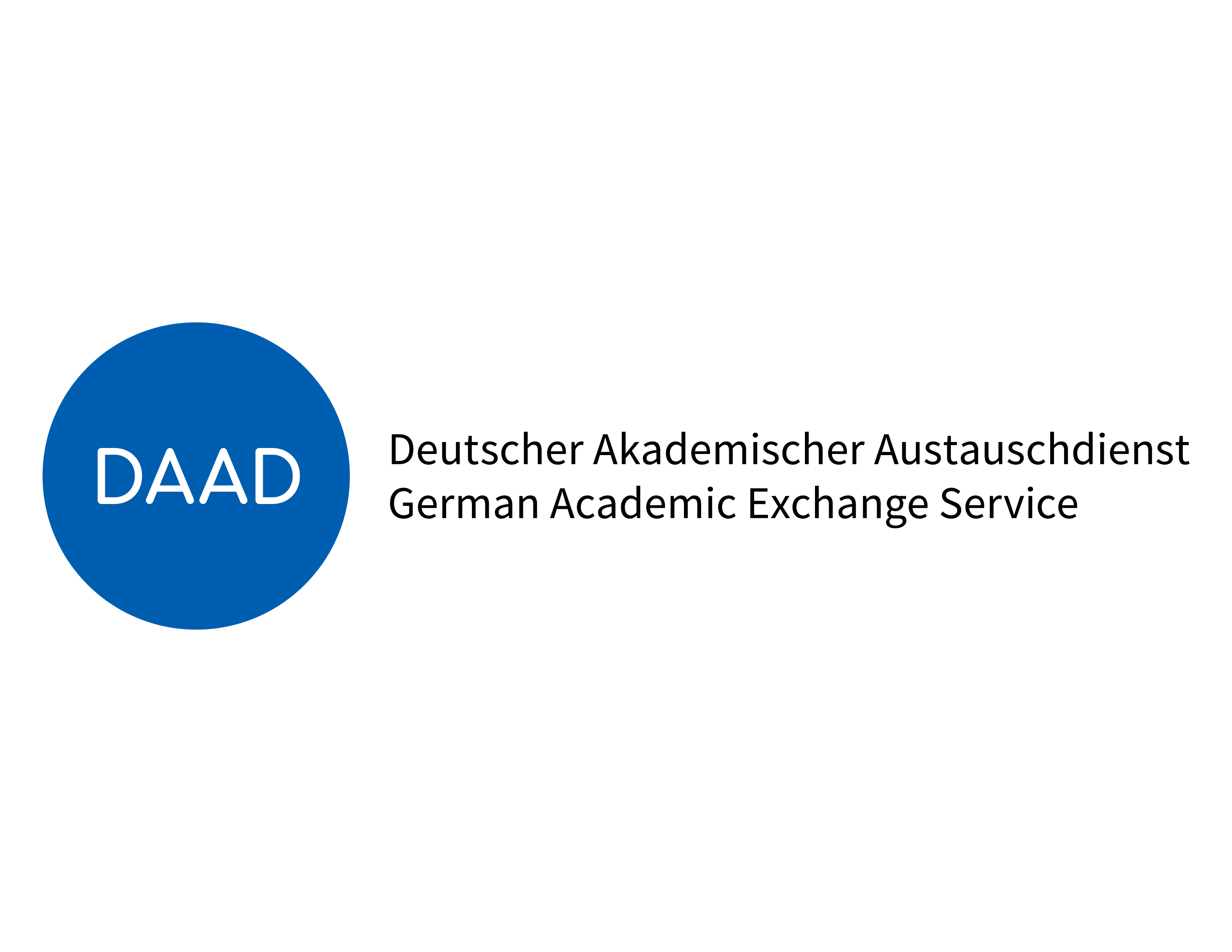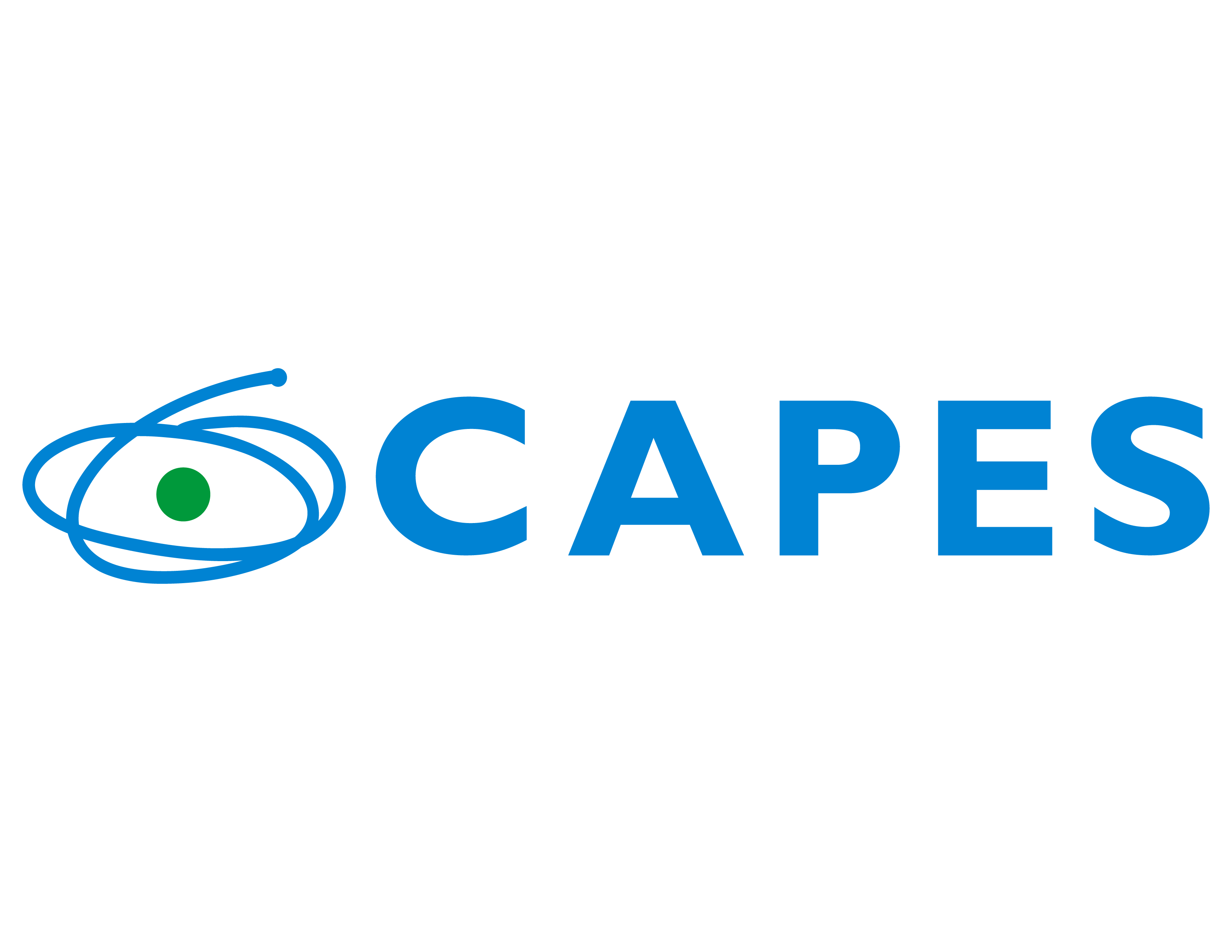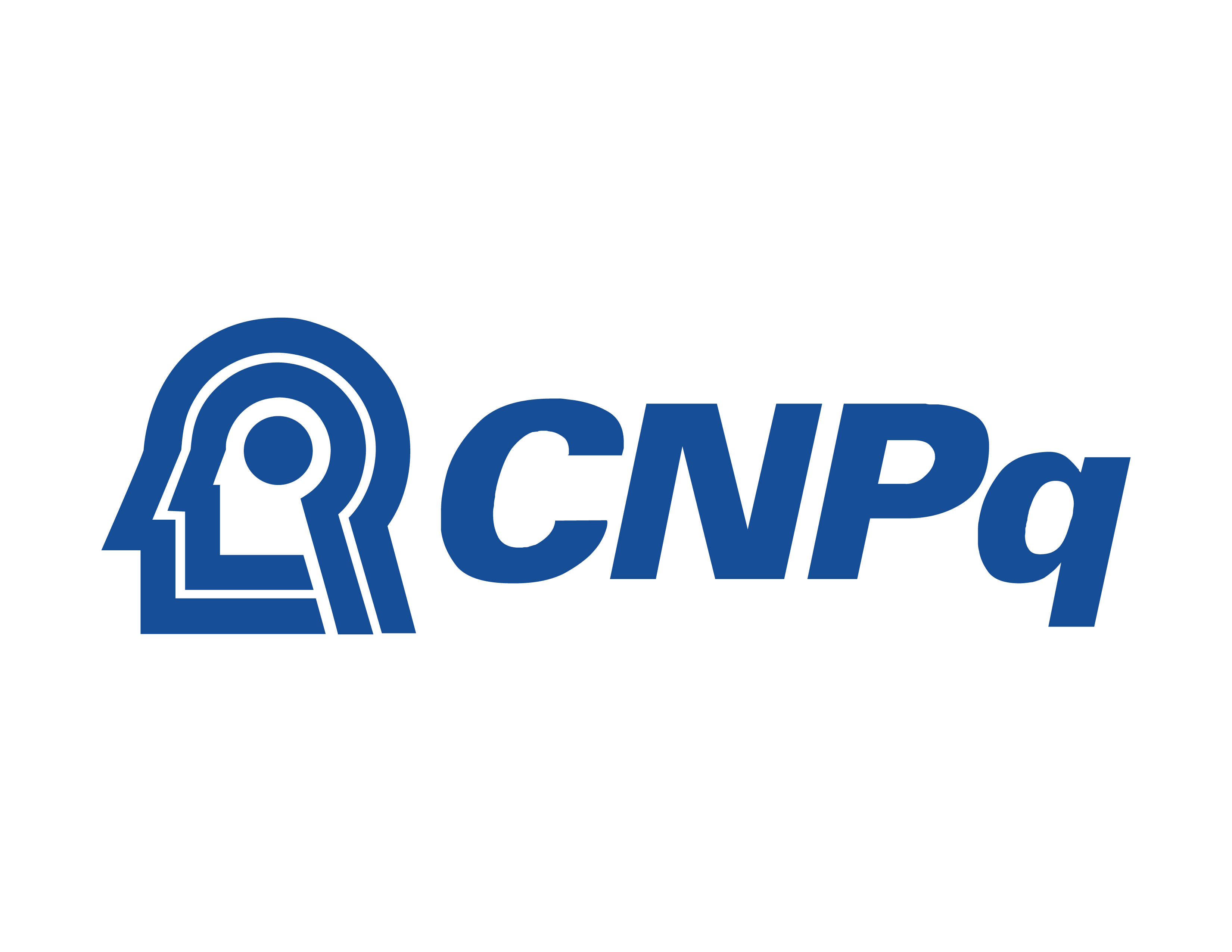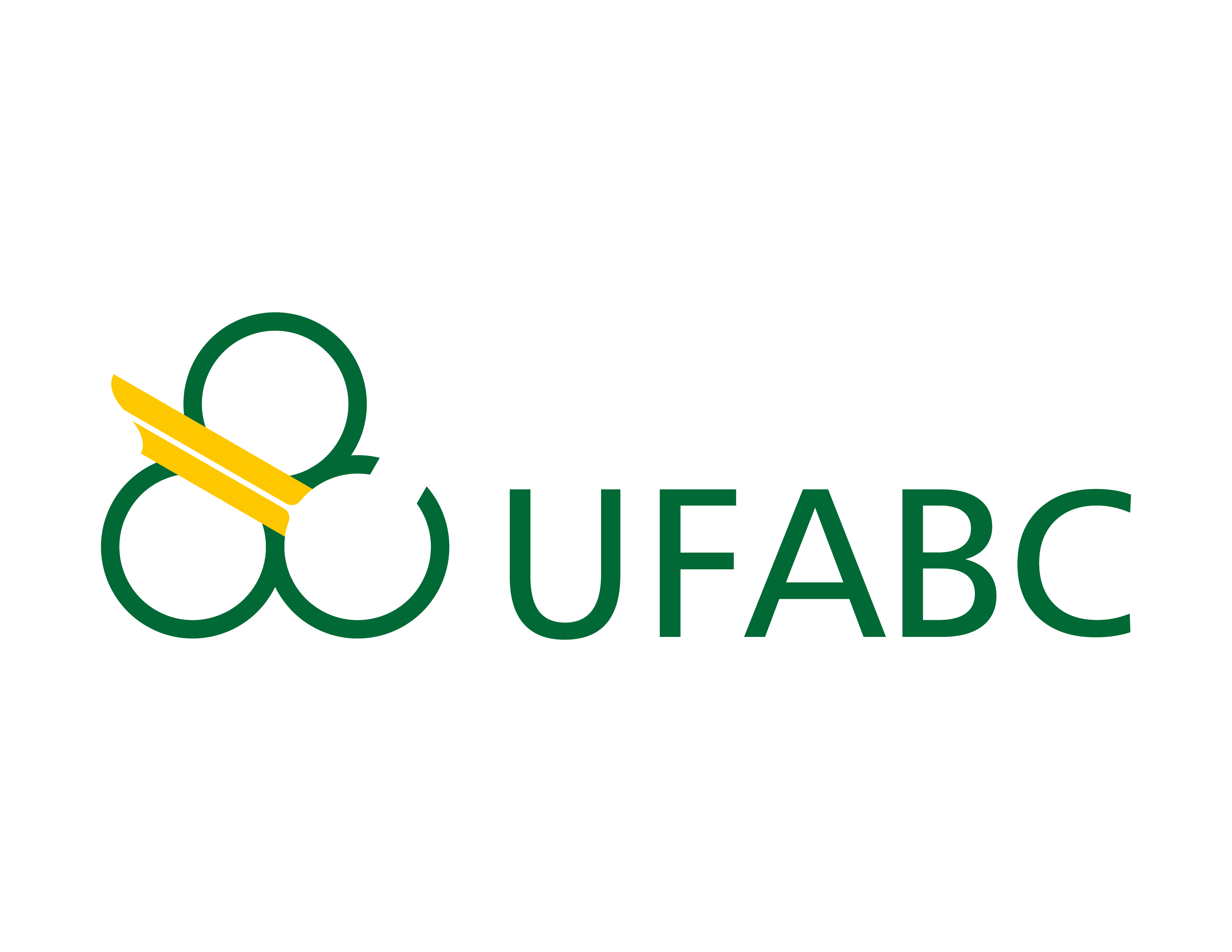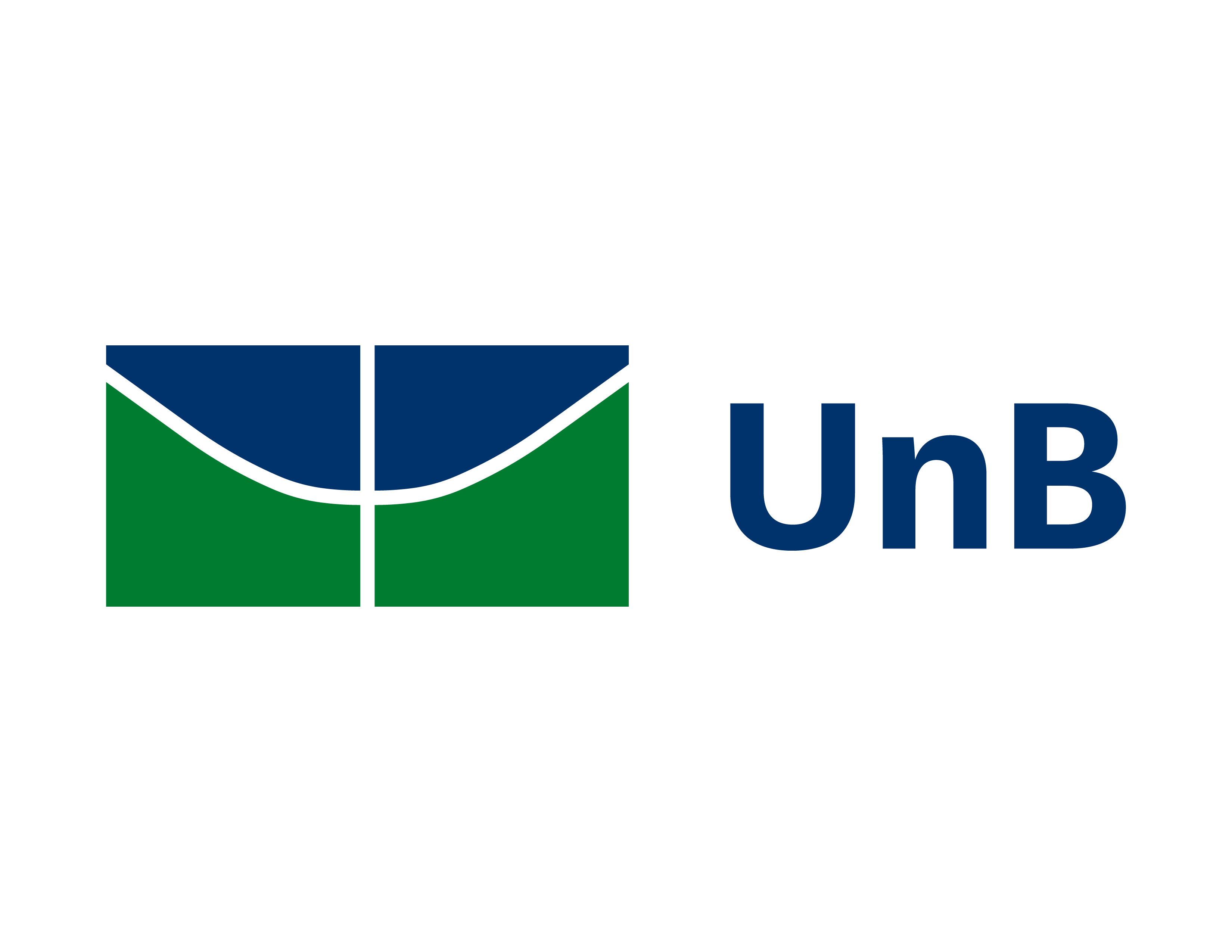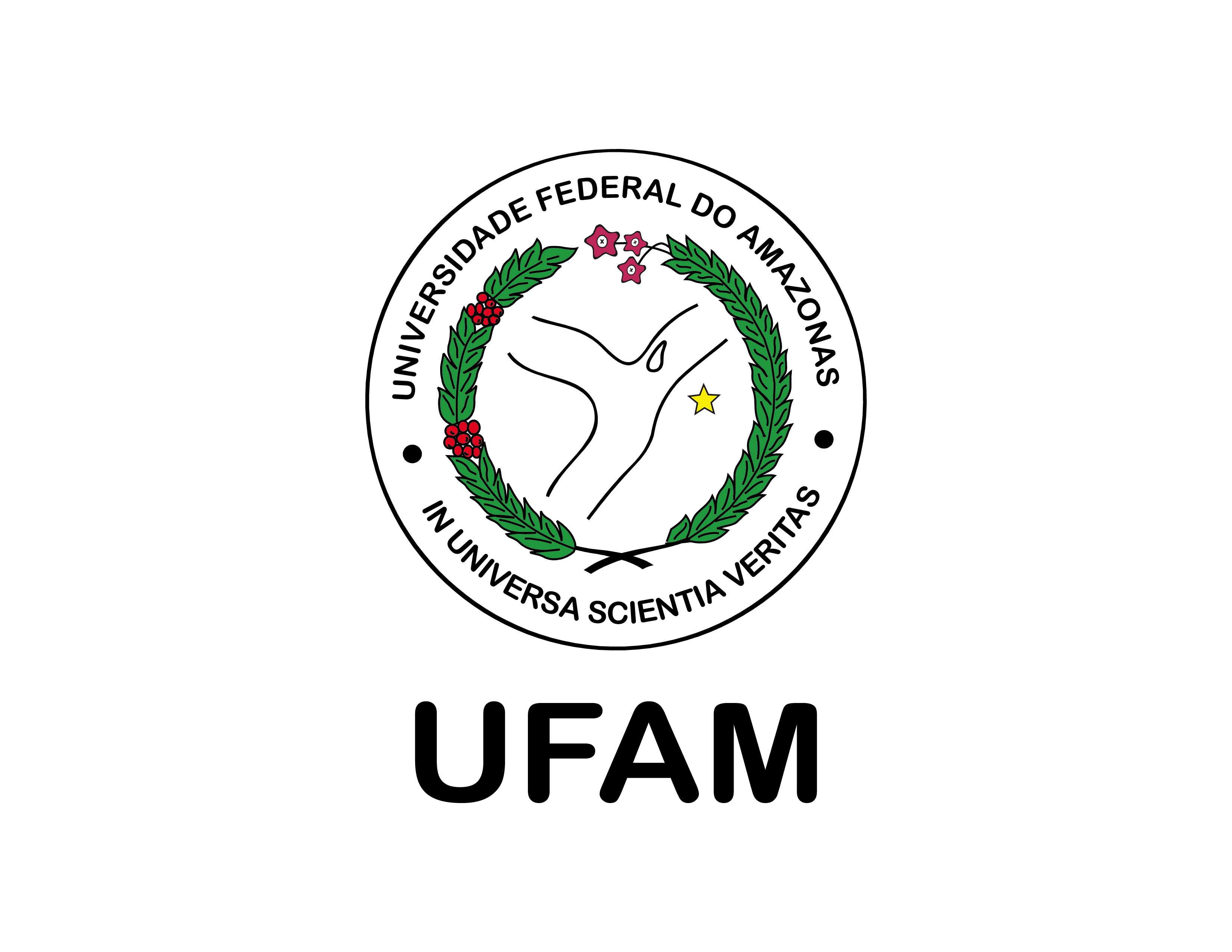Introduction
The idea of the reciprocity between identity and difference is one of the most characteristic traits of Hegel’s philosophy and particularly responsible for the fierceness and radicality of his critique of traditional metaphysics and transcendental philosophy. Nevertheless, many have objected that this reciprocity weighed far more to identity rather than difference. Since the critical attempts by Feuerbach, Trendelenburg and Schelling, which date back to 1840s, until Heidegger, Adorno and French post-structuralism, it became common-sense to depict Hegel’s Logic as philosophy of identity, responsible for an insurmountable preponderance of the universal over the singular and, consequently, the overshadowing of the particular. The identity of identity and non-identity would be, thus, according to the underlying principle of all idealist philosophies, tautologic - with terrible consequences for the non-identical, the particular, the different, the contingent, in short, for the object in its factual priority.
In the last four decades, however, this scenario was shaken by the publication of the historic-critical edition of Hegel’s works and lectures. Hegel’s Science of Logic, Philosophy of Nature and Philosophy of Right were re-inaugurated for interpretation, allowing readers to, so to speak, make amends with what is particular in Hegel’s theory of identity and difference and, consequently, to revise the diverse perspectives which criticized it. Hence, in view of this more recent scenario, in which the questions directed at Hegel’s philosophy no longer have predefined answers, it seems only urgent to re-evaluate if, and how and where, identity for Hegel prevails over difference, or if the inverse is the case, or if identity and difference are rather co-dependent and indissoluble one in another. Needless to say, this is a matter touching not only the Doctrine of Essence, but certainly also the other two parts of the Science of Logic, as well as the Philosophy of Nature and of Spirit. The 12th International Congress of the Brazilian Hegel Society aims, thus, to bring to light the relation of identity and difference in the diverse spheres of Hegelian philosophy, focusing the elucidation of specific and particular aspects of Hegel’s thinking, as well as the many connexions with contemporary philosophical debate.
KEYNOTE SPEAKERS

Alison Stone

Andreas Arndt

Daniel Brauer

JOHANNES-GEORG SCHULEIN

MÁRCIA C. F. GONÇALVES

MÁRCIA ZEBINA

MARIANA TEIXEIRA

Michael Quante

Myriam Gerhard
CONGRESS COORDINATOR
Luiz Fernando Barrére Martin
UFABC (Chairman of the Brazilian Hegel Society)
ORGANIZING COMMITTEE
Erick Calheiros
de Lima
UnB
Fábio Mascarenhas Nolasco
UnB
Luiz Fernando Barrére Martin
UFABC
Verrah Chamma
UFAM
SCIENTIFIC COMMITTEE
Hans Christian Klotz
UFG
Luiz Fernando Barrére Martin
UFABC
Márcia Cristina Ferreira Gonçalves
UERJ
Márcia Zebina de Araújo da Silva
UFG
Miriam Mesquita Sampaio de Madureira
UFABC
Ricardo Crissiuma
UFRGS

Inscriptions
Participants who do not live in Brazil may pay the inscription fee at the time of their enrollment in loco.
Professors: US$ 40,00 / R$ 200,00
Students: US$ 20,00 / R$ 100,00
Registration
Lodging
To be informed soon.
Submissions
The submissions must to some extent relate to the Congress’s theme, ie, identity and difference in Hegel. They can be based on any Hegel’s text or even any other author, provided the submission touches upon some subject related to the main theme of the Congress. Surely reference can be made to other philosophical topics and problems.
The congress will hold two kinds of presentation:
1) Round tables: to last 1 hour and 30 minutes, with 2 presentations of 30 minutes each, plus 30 minutes of debate. Exclusive for PhDs and PhD graduate students;
2) Oral presentations: to last 30 minutes, of which 20 minutes are for the presentation itself and 10 minutes for debate. Exclusive for Masters and Master’s Degree graduate students.
Abstracts which do not follow the guidelines below will not be evaluated by the Scientific Committee. No abstract will be evaluated more than once. No author can submit more than once. There will be no recourse to the decisions of the Scientific Committee.
The abstract is simple and must strictly follow the guidelines below:
(1) Correct usage of the language chosen;
(2) The formal rules, namely:
(a) Arial 12, lowercase, centered title, at the top of the page;
(b) Arial 12, 1,5 spacing, lowercase, justified text;
(c) Do not include the author's name and institution;
(d) Do not include quotations or references;
(e) The abstract must have at least 400 and at most 500 words;
(f) The abstract can be submitted in Portuguese, Spanish, English, German or French.
(g) The abstract is expected to shortly provide the topic or problem to be developed, as well as the major argumentative steps and the assumed conclusion;
(h) File format: word .doc ou .docx
The deadline for abstract submission is September 15th 2023.
The authors of the approved submissions will be informed by September 30th.
If interested, please submit to: submissao@congressos.hegelbrasil.org


